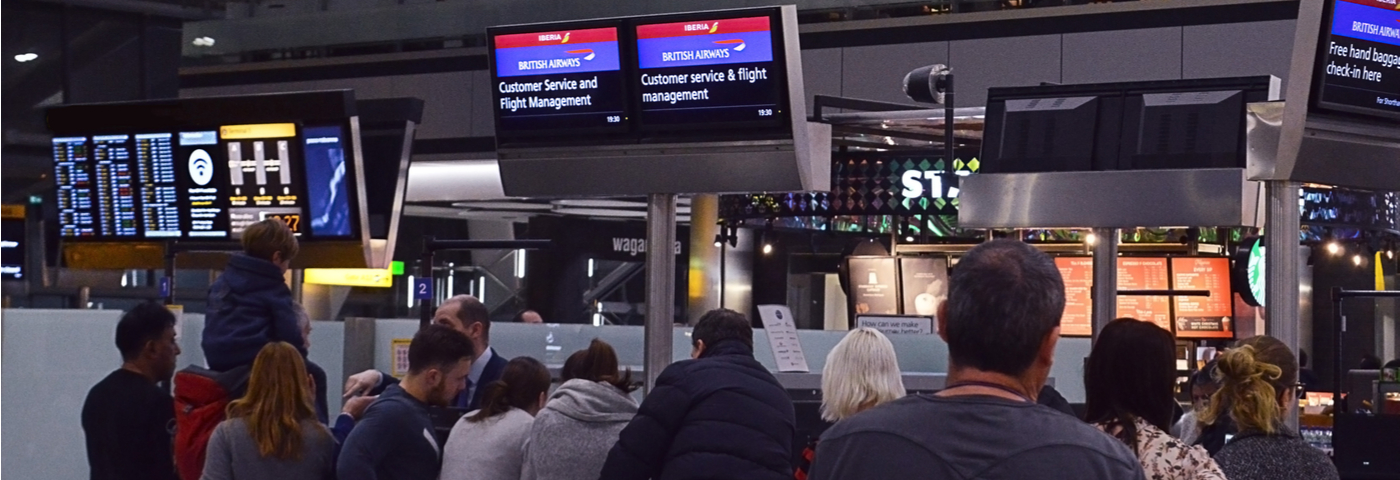Many opinions have been written about the technology issue that affected BA and the way in which the airline handled the situation. It must be one of the worst PR debacles in British Airways’ history.
It should have been handled better. A major disruption such as this is actually a chance to shine. The opportunity is to demonstrate to your customers how much you care about them. Taking care of your customers in critical circumstances has the potential to lead to increased brand value as you demonstrate professionalism in the face of adversity.
You need to consider what I call the 3 Cs – Communication, Care and Compensation. Keep in regular contact with your customers. Update them on the situation even if there is no hard news to tell them as yet. Let them know you care. Understand that you may have to compensate them to a level that they will feel that you have been fair to them in the circumstances.
Issues such as this are a great opportunity to show that the contingency plan for customer and media communications that you prepared in the event of serious disruption or disaster works and works well. Does British Airways have such a plan?
As well as showing that having a customer communication strategy and applying the 3 Cs is a good thing, there is a very good lesson to be learnt. I remember a tour operator I was consulting with quite a while ago. The company’s systems infrastructure included an uninterruptible power supply (UPS) that, in the event of a power failure, would allow the reservation system to close down cleanly. One afternoon the power did indeed fail. The system just cut out immediately rather than invoking a controlled close down. The result was a corrupted system database. The previous day’s backup had to be restored and all the bookings that had been entered into the system that day were lost. Thankfully, this was before the days of online bookings. Call centre staff were able to dig their handwritten notes out of their waste paper baskets and rekey just about all of the bookings.
Why didn’t the UPS save the day? When I was invited to take a look, I saw that the cable connecting the UPS charger to its battery simply hadn’t been plugged in so the battery was flat. Not a mistake that British Airways would make.
So what is the lesson to be learnt? The key learning is “know and understand your vulnerabilities.” You need to take the time to thoroughly audit your systems and IT infrastructure. You need to know what might go wrong because if it might, it will. You then have two courses of action open to you.
- Directly address the vulnerability, so that it cannot happen.
For example, if you have the one system server that might go down, why not mirror it with another server at another location so that your business can simply switch between the two? Of course, the answer might be because you don’t want to spend the money. In which case:
- Understand that you will have a failure sometime and prepare a contingency plan for how you are going to apply the 3 Cs to those will be affected.
Don’t let your brand value disappear down the drain by not being prepared for when disaster strikes.



